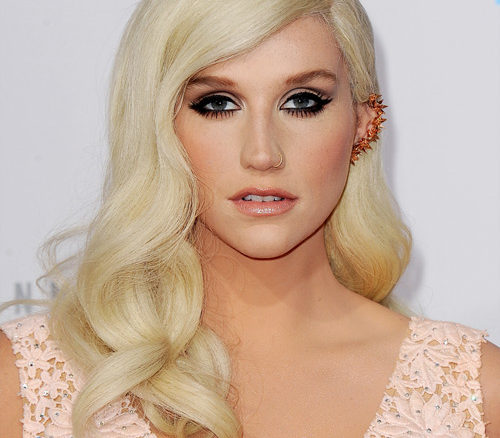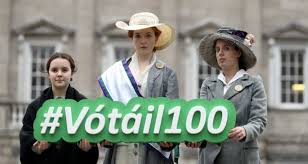
The significance of singer-songwriter Kesha’s injunction denial goes deeper than contracts and making a profit.
In 2014, Nashville native Kesha Rose Sebert, formerly known as Ke$ha, began a legal battle to stop working with her producer at Sony Music, Dr. Luke. Kesha wants out of her contract because she says that over the course of the ten years they worked together, Dr. Luke allegedly drugged, raped, threatened, and manipulated her, both emotionally and creatively. Dr. Luke was the executive producer for both of Kesha’s albums.
A New York judge recently denied Kesha a court injunction that would have allowed her to record new music outside of her record label, Sony Music, and working with producer Dr. Luke. She still remains the creative property of the man she says raped her.
The 28-year-old singer is practically being punished for standing up for her basic human rights. She isn’t even asking for her alleged abuser to be punished, she just wants to be free to create music and move on with her life. However, Kesha has become a product and an example of how the legal system can easily go against the underdog.
Kesha’s injunction request read: “I know I cannot work with Dr. Luke. I physically cannot. I don’t feel safe in any way.”
As women’s rights advocate, Lena Dunham, said in an open letter dealing with the case: “what’s happening to Kesha highlights the way that the American legal system continues to hurt women by failing to protect them from the men they identify as their abusers”.
For anyone who has difficulty in identifying rape culture, or doubts its existence, this case is an accurate example. We are living in a culture that is consistently reluctant to believe survivors of abuse, leading to many victims not speaking out about their ordeal. The figures on this speak for themselves, as 68 per cent of victims in the US will never report their abuse to the police.
The case between Kesha and Dr. Luke may be continuing, however, it will have a positive impact on many people. Female artists including Lorde, Grimes, Lily Allen and Kelly Clarkson have publicly supported the singer-songwriter. Taylor Swift has agreed to give the singer $250,000 to help with any financial needs and Adele publicly supported Kesha in her acceptance speech at The Brit Awards. Lady Gaga also posted a video on her Instagram account of fans protesting in favour of the #FreeKesha Movement.
The demographic that these stars will reach worldwide will hopefully give many people the confidence to speak out.
As a society we need to learn from the Kesha case, not only because she is famous but because she is a person who is trapped in her own version of hell.
Conor Martin
Image credit: Shutterstock




Leave a Reply